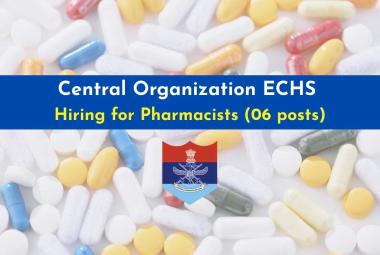PharmaTutor (May - 2018)
ISSN: 2347 - 7881
(Volume 6, Issue 5)
Received On: 09/02/2018; Accepted On: 17/03/2018; Published On: 01/05/2018
AUTHORS:
Abdul khalid quadri*, Md. Barkath Ali Shams
Department of Pharmacy practice,
Deccan School of Pharmacy, Hyderabad, Telangana, India
a.k.quadri4all@gmail.com
ABSTRACT
The Indian pharmaceutical industry is amongst the largest producer of pharmaceutical products in the world (by volume). The pharmaceutical sector is witnessing high growth rate over the past 8-10 years, it has been burdened with diminishing margins. The Indian pharmaceutical industry is facing pressures of increasing span control on account of changing regulations. GST which embodies the principle of one nation, one tax, one market is aimed at unifying the country’s INRs 124.9 trillion economy and 1.3 billion people into a common market. For corporates, the elimination of multiple taxes will improve the ease of doing business. And for consumers the biggest advantage would be in terms of reduction in overall tax burden on goods. In other words GST would make doing business in the country tax-neutral, irrespective of the choice of place of doing business, the important roll-out of GST is to provide a method for companies to simplify their operations, and achieve better efficiencies enabling them to serve customers better. It is also expected that supply chain and other operational planning opportunities and efficiencies may be available, depending on a company’s facts. However, in short–term/transitional phase, pharmaceutical industry, are likely to face a number of challenges, including possibly negative financial impacts, the need to assess existing supply chain structures, the need for reconfiguration of IT systems and more. The warehouse cost can be reduced and rationalized the supply cahin, it has a negative effect on ayurvedic products as its rate will increase from the present rate because of increase in tax slab. GST is expected to fetch a good revenue through increase in medical tourism, GST is surely going to benefit the pharmaceutical industries. It will create a level playing field for generic drug makers, boost medical tourism and simplify the tax structure.
How to cite this article: Quadri AK, Shams MBA; Visualizing challenges of GST on different corners of Pharmaceutical Industry; PharmaTutor; 2018; 6(5); 7-12; http://dx.doi.org/10.29161/PT.v6.i5.2018.7
[ABSTRACT WITH CITATION] [VIEW AS HTML]













